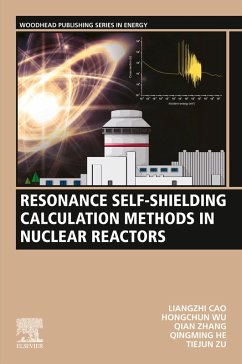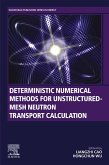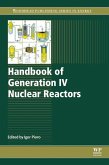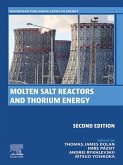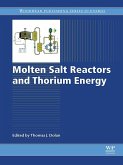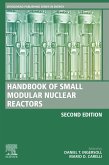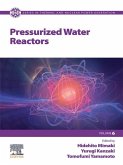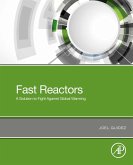Resonance Self-Shielding Calculation Methods in Nuclear Reactors presents the latest progress in resonance self-shielding methods for both deterministic and Mote Carlo methods, including key advances over the last decade such as high-fidelity resonance treatment, resonance interference effect and multi-group equivalence. As the demand for high-fidelity resonance self-shielding treatment is increasing due to the rapid development of advanced nuclear reactor concepts and progression in high performance computational technologies, this practical book guides students and professionals in nuclear engineering and technology through various methods with proven high precision and efficiency.
- Presents a collection of resonance self-shielding methods, as well as numerical methods and numerical results
- Includes new topics in resonance self-shielding treatment
- Provides source codes of key calculations presented
Dieser Download kann aus rechtlichen Gründen nur mit Rechnungsadresse in A, B, BG, CY, CZ, D, DK, EW, E, FIN, F, GR, HR, H, IRL, I, LT, L, LR, M, NL, PL, P, R, S, SLO, SK ausgeliefert werden.

